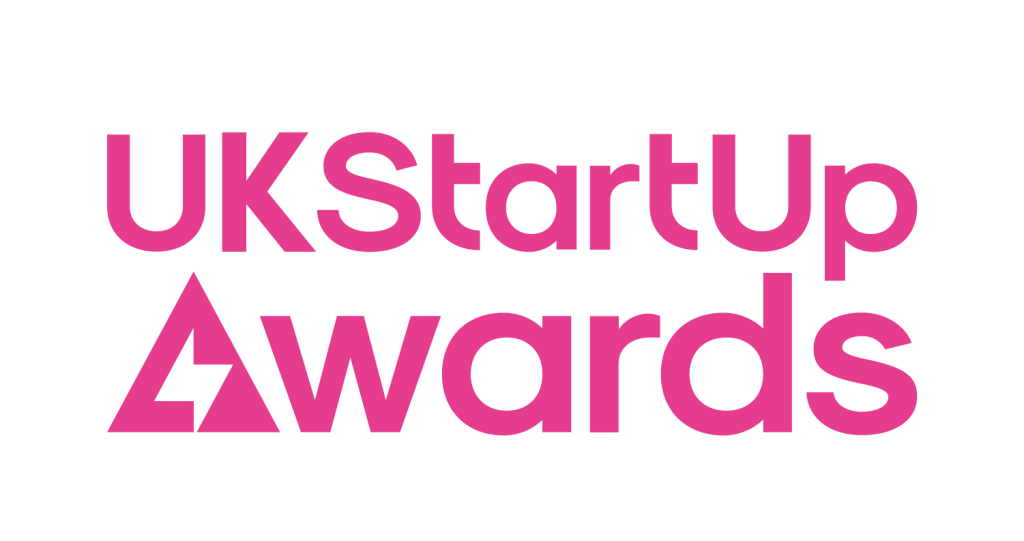by Ian Newall, Business Manager, Open Courses, Huthwaite
Persuasion could be described as the process of getting others to do what you want them to do, or to accept your point of view.
Clearly persuasion is critical in negotiation. If you can’t persuade the other side to accept your position or at least move some way towards you, you could end up with a deal that is a lot more expensive than it should be.
Huthwaite has uncovered two important insights pertaining to persuasion.
Firstly, there are two fundamental styles of persuasion. Huthwaite researchers simply labelled them Push style and Pull style.
The Push style consists of giving the other side information and telling them what to do. Push style is very effective when the power balance is tipped towards the persuader and where time is of the essence. Typically, the armed forces use a Push style when giving orders.
The Pull style consists of getting information from the other side, taking their views into account and developing a mutually acceptable agreement and plan of action. Pull style is appropriate when power is equally balanced between the sides, is likely to result in sustainable, long-term agreements but takes time.
If one side is much more powerful than the other, Push style may be appropriate. However, such a situation could not be considered a negotiation. Two sides will only negotiate when they acknowledge that the other side has about the same power that they do. For this reason Push style is almost never appropriate in negotiations.
When using Pull style, effective persuaders seek more information (ask more questions) than give information.In a negotiation, when the power is somewhat equally distributed between the sides, Pull style is more appropriate. Which is why another research finding by Huthwaite was that skilled negotiators ask more than twice as many questions as average negotiators.
The implications for negotiators are that asking questions is a more effective way of persuading the other side than telling them what to do or what is right. This does not mean that skilled negotiators only ask questions and never give information. Explanations have a role in negotiation but they should be short, and as far as possible, directed at the needs of the other side.
Negotiators should seek to persuade the other side by asking questions to establish their needs. Having established the other side’s needs you can then demonstrate how your proposals will meet those needs. See also my earlier article ‘The value of questions when negotiating‘ which deals with how to build value through questions.
If you would like to attend a Huthwaite Negotiation Skills course go to: www.huthwaite.co.uk
Join us on
Follow @freshbusiness



























